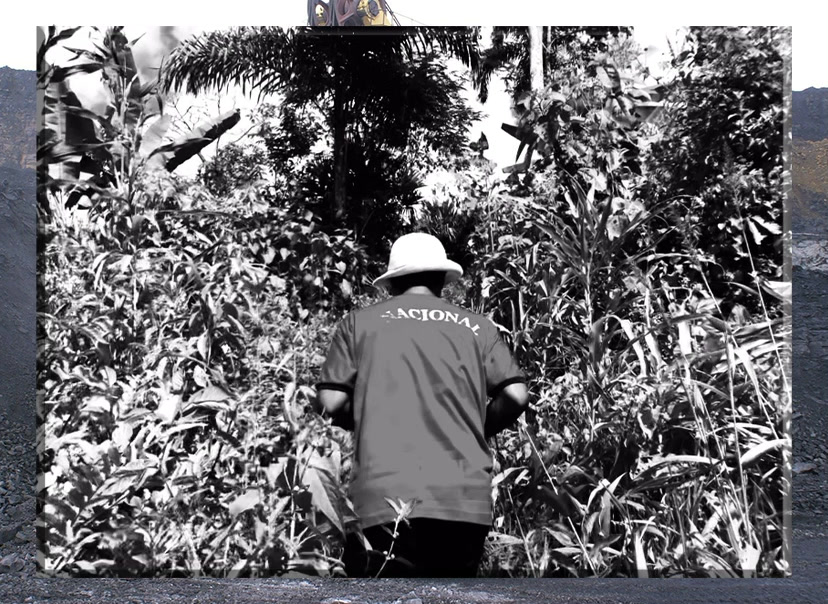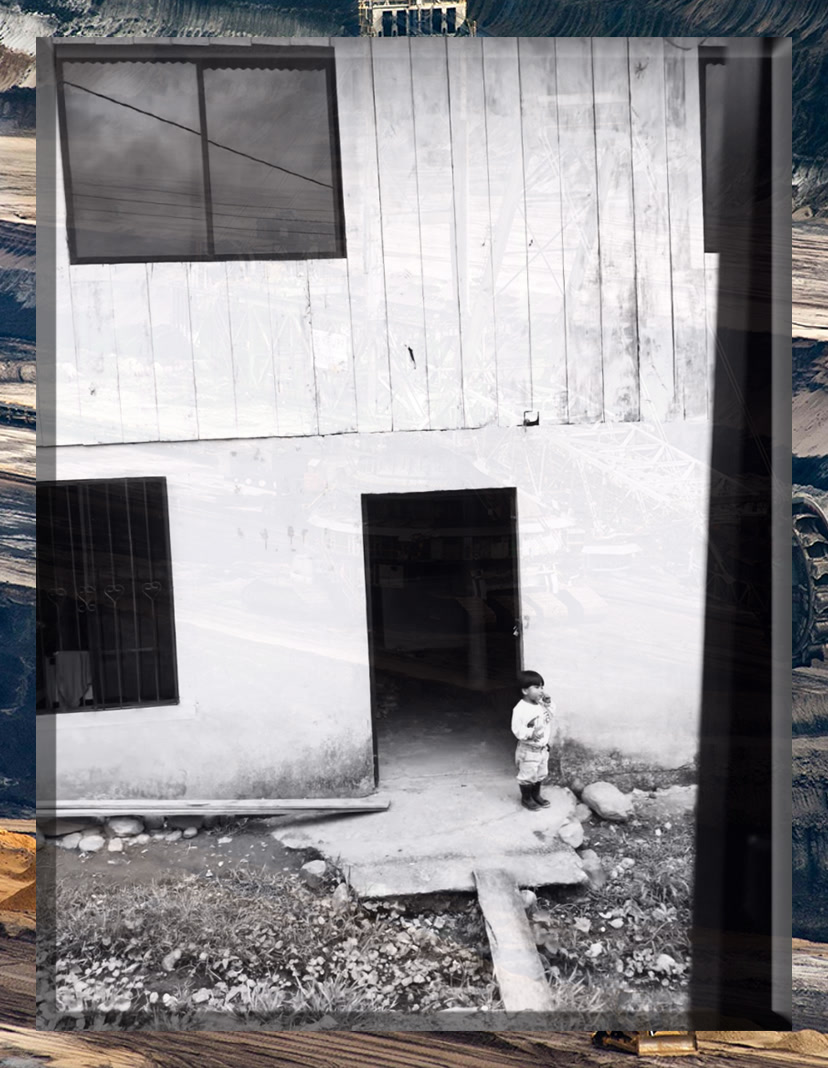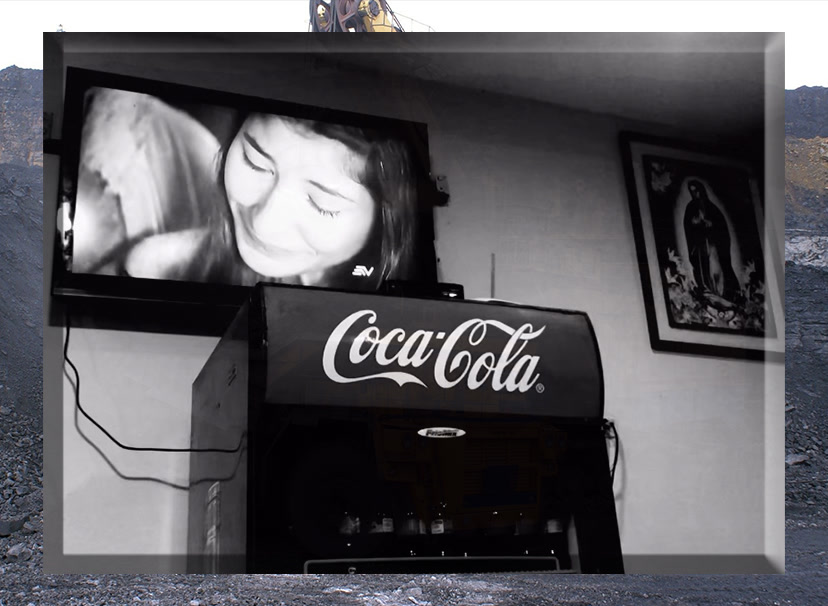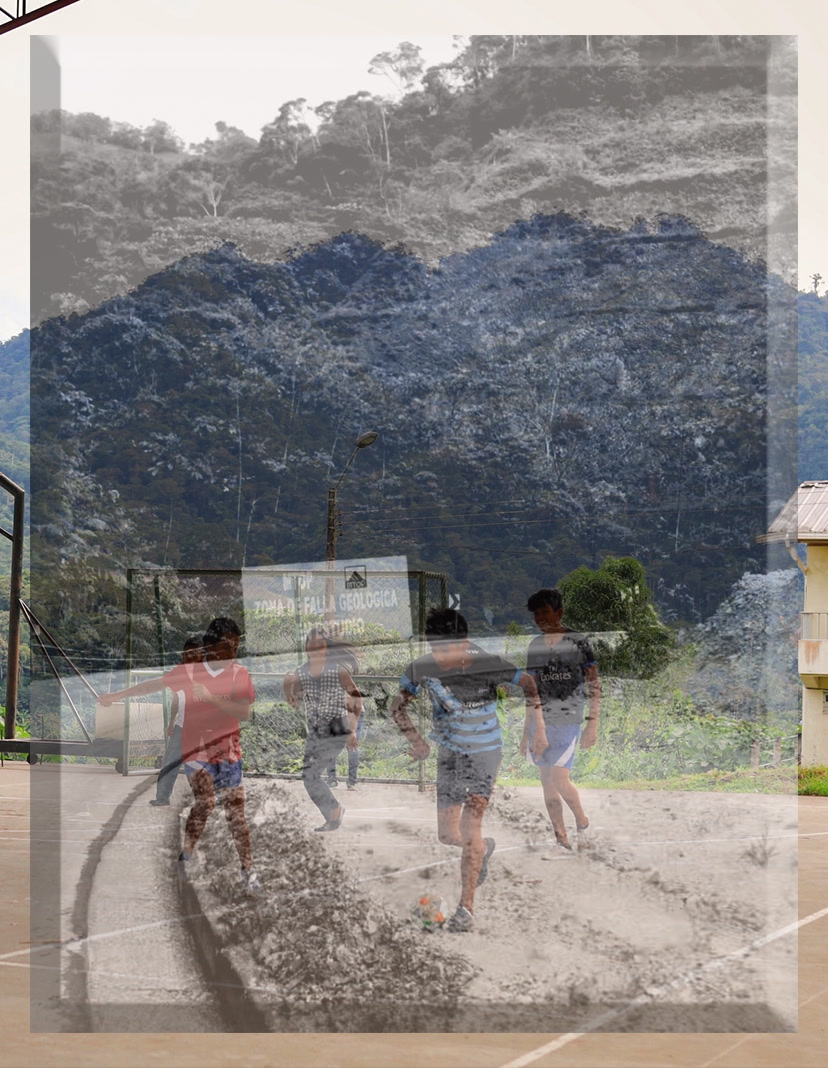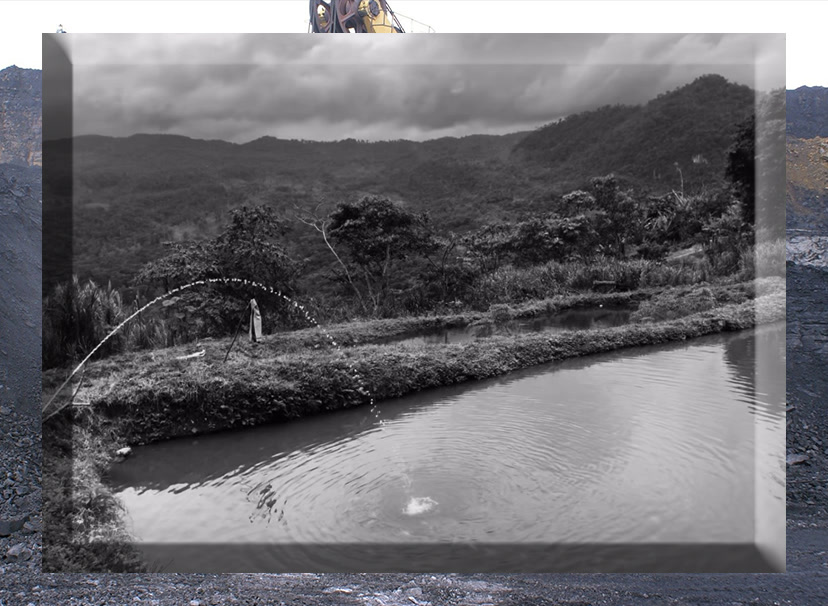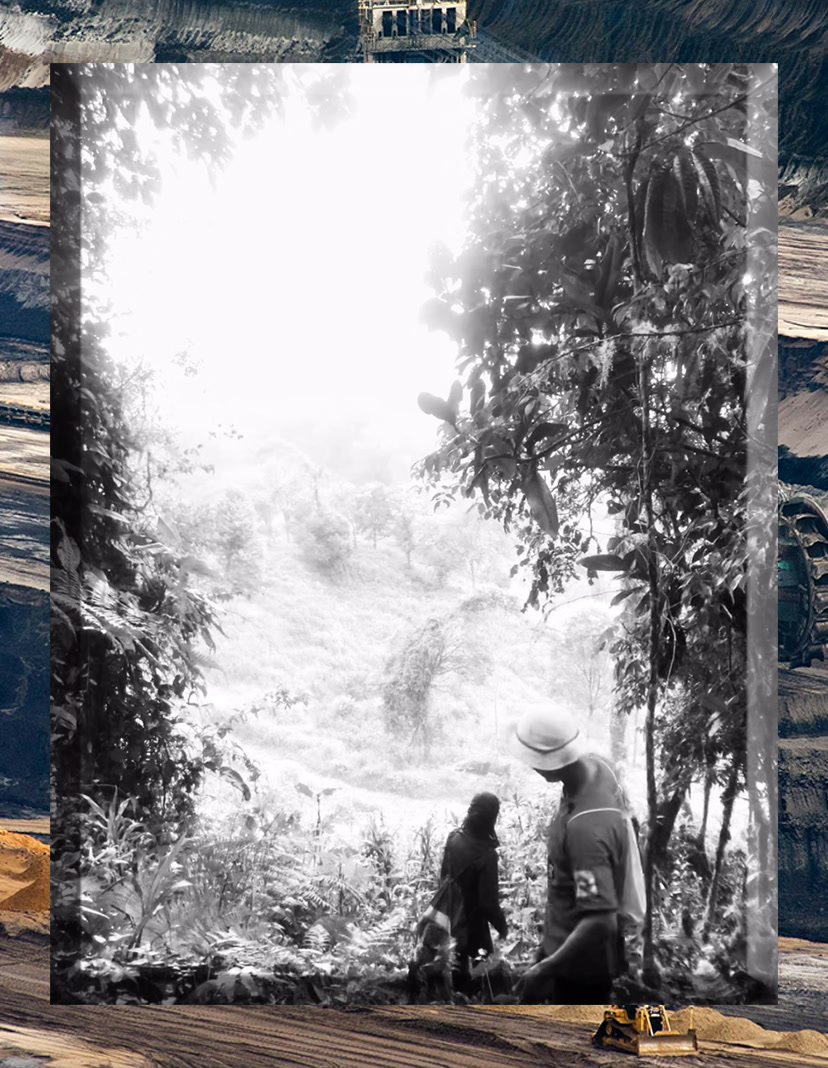



Welcome to my nonprofit work,
where advocacy meets systemic design.* As an art director deeply committed to driving sustainable change and social justice, I've had the privilege of collaborating with multiple NGOs, leveraging my expertise in systemic thinking, graphic design, social media, brand building, copywriting and
end-to-end photography and videography projects.
Here, you'll find work infused with passion, purpose, and the power of visual storytelling, each project reflecting collective efforts to make a positive impact on the world.

From Facebook Posts to Website Creation, Blog Articles to Photography and Amazon Committee Meetings—There was never a dull day at the
United Nations

Anthropological Fieldwork on Global Sustainable Development in the Shuar Villages of Yunganza, Ecuador
*Photography, videography and captions 100% my own

Building the
RLC brand
As Photography/Videography lead, I managed the full production process for food rescues and fundraising events, including planning, shooting, editing, and posting. I raised awareness of food insecurity by coordinating weekly interviews and photo shoots with donors and HSA partners. Our dedication led to Morgan Stanley recognizing us as their NGO of the Year, featuring RLC on their Times Square billboard in December 2019. I directed and edited this photo shoot, collaborating with Marketing, Social Media, Public Relations, and the founders to drive impactful campaigns and initiatives.
Rescuing Leftover Cuisine
Rescuing Leftover Cuisine


RLC takes Times Square!

RLC Spotlight: Charles Blackburn of the NYC Rescue Mission

Donor Spotlight: 3 Guys Brooklyn

*
Design vs Systemic Design
01
02
Design
Systemic Design
aims to create products, services, or experiences that are effective, efficient, and appealing, ultimately enhancing the quality of life and addressing both practical and emotional user needs. It involves a combination of creativity, functionality, and aesthetics.
is an approach to design thinking that focuses on understanding and addressing complex, interconnected systems and their underlying structures, dynamics, and relationships. It goes beyond traditional design methods that may focus primarily on individual products or services and instead considers the broader context in which those products or services exist. Systemic design aims to create solutions that not only meet immediate needs but also contribute to broader systemic change and improvement. This approach often involves collaboration with diverse stakeholders, interdisciplinary research, and the consideration of social, economic, environmental, and cultural factors to address complex challenges and promote more holistic and sustainable solutions.
4850 Magazine Street
New Orleans, Louisiana
... but happy to go where you are!






